Why do we offer sterilization free of charge with the ‘Friends on the Streets’ project? Bull-type Terriers, mastiffs and shelters in Milan
Thanks to the ‘Friends on the Streets’ initiative, we offer free sterilization programs for dogs belonging to the homeless and economically disadvantaged families in Milan. A large number of these dogs are bull-type terriers and molossers.
Many of the people we assist as part of the ‘Friends on the Streets’ program own bull-type terriers and molossers that are not spayed or neutered
We helped Nala and Simba when their family ran out of food and didn’t know how to feed them. Paco urgently needed anti-parasitic treatment, but his owner couldn’t afford it. Marah suffered from a severe uterine infection, and Thomas was worried it could occur again. These dogs, like many others, are part of our ‘Friends on the Streets’ project, which provides assistance for dogs owned by homeless individuals and low-income families in Milan. We came to know these dogs for different reasons, but they have two factors in common: they are all molossers or bull-type terriers, and we have been able to sterilize them all.
Why sterilize dogs belonging to homeless individuals and low-income families?
Many of the people we assist as part of the ‘Friends on the Streets’ program own bull-type terriers and molossers. This includes breeds such as pit bulls, bull terriers and AmStaffs, as well as Cane Corso mastiffs and Rottweilers, among others.

The majority of the dogs we assiste have not been sterilized yet
The majority of these dogs have not been sterilized, mainly due to economic and cultural reasons: their owners face significant financial hardships and often cannot afford the cost of this type of procedure. Managing pregnancies and subsequent litters becomes a huge problem that they often cannot avoid.
Conversely, many people are against sterilization or still believe in outdated myths, such as the idea that a dog must have a litter before being sterilized.
Learn more on Friends On The Streets
Because these dogs live in close quarters with their owners, it is common for the dogs we assist to be related to each other. These puppies are often given away to friends and acquaintances without any control or basic training on how to care for them.
This results in owners giving up their pets and increasing the number of abandoned dogs, further straining the already overwhelmed shelters.

Because these dogs live in close quarters with their owners, it is common for the dogs we assist to be related to each other
Shelters are now overcrowded with molossers and bull-type terriers
Over the past few years, the demographics in shelters have shifted dramatically. While there used to be a mix of different breeds and crossbreeds, the kennels are now predominantly filled with bull-type terriers and molossers.
Read Also: Progress update on the first permanent outpost for dogs belonging to homeless individuals in Milan
There are many reasons to explain why these dogs end up in shelters, but predominantly this is because people underestimate these breeds’ characteristics at the time of adoption or purchase, as these dogs have specific needs that are not suitable for every family or situation. Additionally, there are issues with owners surrendering their dogs, seizures due to mistreatment, and dogs found roaming around without microchips (often referred to as ‘false finds’ in Northern Italy)…
Despite their formidable appearance, these dogs can be incredibly sensitive
When people see pit bulls and similar types of dog, they often feel intimidated at first glance. However tough these animals may appear, they have a profound sensitivity and suffer terribly from being confined and separated from their families.
They require stable relationships and need to feel involved in daily routines that ensure a healthy mix of interaction, socialization, and emotional stability.
Read also: Homeless people with animals are not permitted access to Milan’s dormitories
In a shelter environment, providing this level of care for each dog is challenging, not to say sometimes impossible.
Consequently, these dogs often experience chronic stress caused by physical and emotional confinement. Over time, this can lead to significant depression—sometimes silent, but other times, expressed through visible signs of distress. This is where behavioral problems can develop, such as excessively licking their paws until they cause wounds, destroying their kennels, ingesting objects, or compulsive running in circles. All these examples of self-harming or stereotypical behavior can develop due to the extreme stress of confinement, which these dogs find particularly difficult to handle.
Confinement is detrimental to both the dogs and the shelters
These dogs require specialized care that is often beyond the capabilities of most facilities: skilled and trained staff are needed to work on their future adoptability.

Reducing the number of litters is the first step in getting animals out of shelters and protecting the bond each dog has with their owner
Regrettably, the number of families capable of offering these dogs a new home and a fresh start will always be much lower than the vast number of dogs entering shelters due to owner abandonment or being found as strays.
It is for this reason that we are proposing sterilization free of charge for dogs belonging to low-income families and the homeless with the ‘Friends on the Streets’ project. By doing so, we are helping to prevent more litters of these breeds being born, who could easily fall into the hands of people who are unable to properly care for them and might eventually abandon them or leave them in shelters.
Reducing the number of litters is the first step in getting animals out of shelters and protecting the bond each dog has with their owner.
